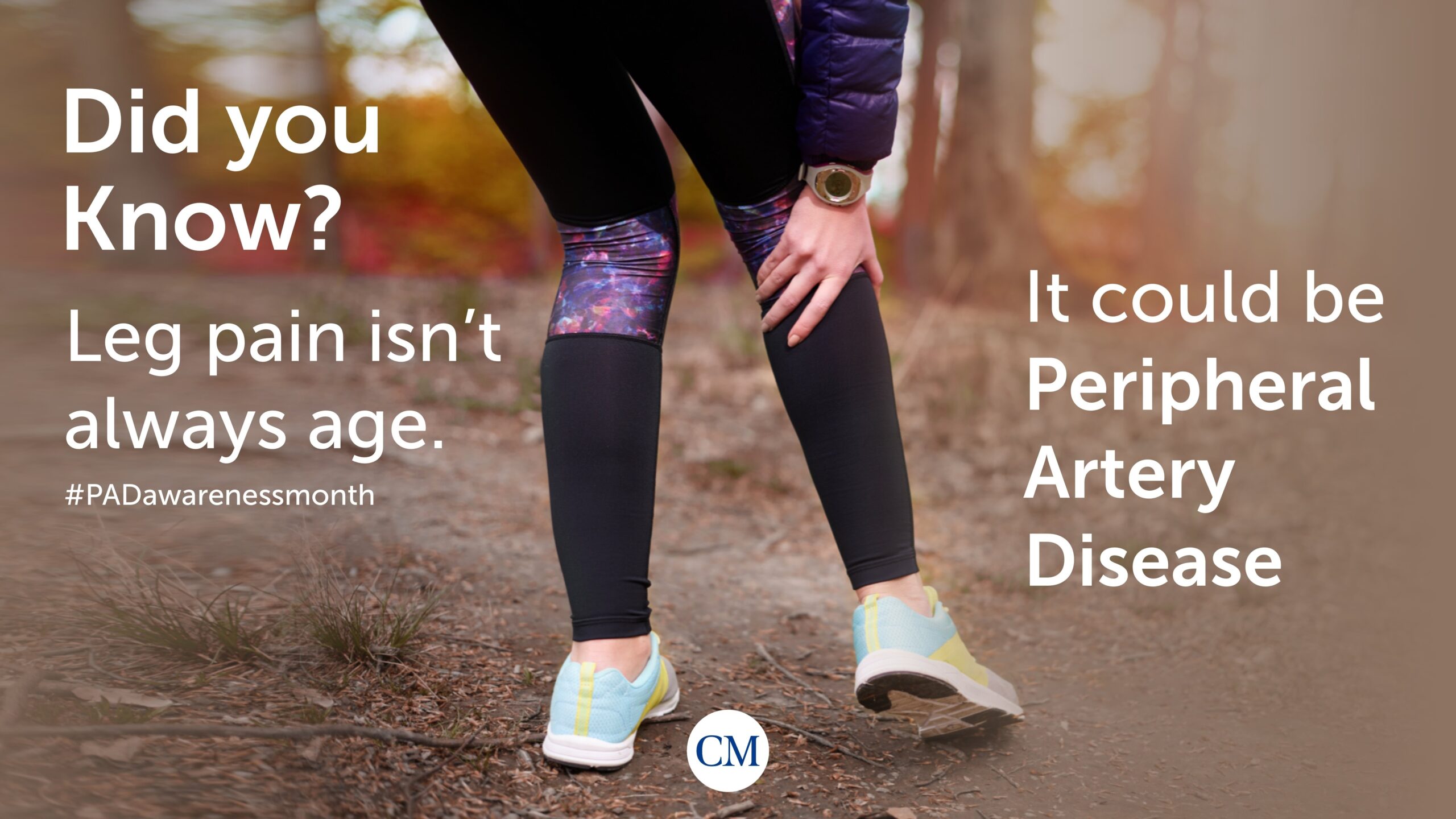Mental Health Is just as important as physical health
Mental health is as vital as physical well-being. Learn why caring for your mind matters, discover key facts, and explore simple tips to improve and maintain mental wellness.

Mental health is just as important as physical health; the two are inextricably linked. Mental health problems are one of the leading causes of disability, with an estimated of adults in all the country dealing with mental health issues. A debilitating severe mental health condition affects approximately 4.2% (9.8 million) of adults. Indeed, neuropsychiatric disorders are the leading cause of disability as a whole.
Mental health is not something that happens overnight. Knowing whether or not you are vulnerable to mental health conditions necessitates understanding your risk factors. When you notice that your mental health is deteriorating, you can take preventative measures to ensure that it does not worsen.
Your mental health affects how you think, feel, and act. And it can impact the people around you. Educating yourself on why mental health is so essential is never too soon.
Facts On Mental Health:
- The World Health Organization has declared depression to be the number one cause of shortened life due to a disability.
- Worldwide, a minimum of one person in five will experience a mental disorder during their lifetime.
- Mental health problems so severe that they result in a break with reality are collectively called “psychoses.”
- Researchers have identified some surprising causes that increase the likelihood of schizophrenic disorder, such as premature birth or being born in the winter.
- Depression is responsible for more missed work hours than arthritis or cancer.
- Some of the most common types of mental illness include anxiety, depression, and behavioural, and substance-abuse disorders.
Tips To Maintain Your Mental Health:
- Talk to someone: Talking to someone you trust, whether a friend, family member or coworker, can be beneficial. You may feel better if you can openly share your feelings with someone who cares about you. If you live in an area where face-to-face interactions are restricted, you can still communicate with your loved ones via video calls, phone calls, or messaging apps.
- Go to sleep early: Sleep is an essential part of health, and not getting enough of it can hurt your energy levels, motivation, concentration, and even appetite regulation. To maintain good health and achieve your goals, prioritise your sleep and maintain a consistent bedtime routine despite your hectic schedule.
- Do your hobby: Continue to engage in activities that are meaningful and enjoyable to you, such as cooking for yourself or loved ones, playing with your pet, walking in the park, reading a book, or watching a film or TV series. Maintaining good mental health requires a routine with activities that make you happy.
- Eat a healthy meal: Eating processed foods and foods high in fat can hurt mental health. Eating foods that cause fat to be produced in the body makes the body and mind feel lethargic and slows down functions such as motivation, concentration, and energy to get through the day. To keep your mind healthy, limit your intake of sugar and fat.
- Be nice to yourself: When you feel down, it is easy to be hard on yourself. While you might not be of the mind to congratulate or compliment yourself, try being compassionate. And here is a little bonus hint: If you are struggling to be nice to yourself, do something nice for someone else. Then, compliment yourself on doing it!
- Write a journal: Relaxing is one of those things that’s easy to say and harder to do. Unwinding and staying calm can take practice. Write down a list of ideas for positive ways that you can de-stress. Try them out, one step at a time. When something works, try it again.
You may also like
Unmasking the Appeal: What Tobacco Really Does to the Heart



